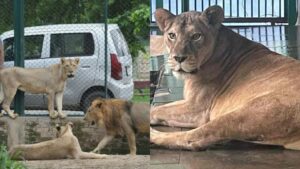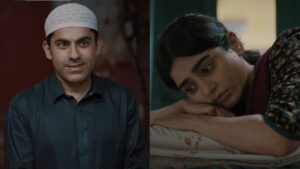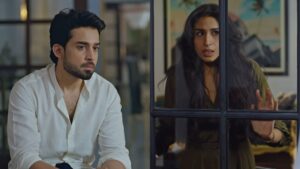What’s up with Pakistani drama’s and their inability to produce content that doesn’t rely on deeply problematic and racist notions to cater to audiences. Recently the show that has inspired this topic is “Parizaad” which features a character in black face. The show’s main lead Ahmed Ali Akbar, is a light skinned man, but in the teaser trailer released a couple of weeks ago, he is seen donning a black face- which is painting your face entirely in black paint to completely change your appearance.
First of all why is black face deeply offensive and how did it emerge among television screens in Pakistan? The roots of black face can be traced back to the US when white actors would paint their faces with black paint to make offensive and inaccurate caricatures about black communities. The presence of black face among the Pakistani entertainment industry has been quite familiar, especially within comedy actors like Moin Akhtar and Anwar Maqsood whose show Loose Talk featured the former donning the black face to portray a Bengali cricketer.
Especially within the fashion industry, fashion photographers like in 2017, Alee Hassan was brought under scrutiny for photographing the model Anam Malik in black face and the afro, and then defending his piece by saying that his work was not racist but “a celebration of art practices and surrealism”
The use of blackface within the Pakistani entertainment industry has never been an expression of creativity but is a deeply offensive act that reinforces the same regressive beauty standards that glorify fair skinned people over dark skins. Our society is largely complicit in creating the stigma around having dark skin even though we live in a country which lies on the tropical zone and has long and intensively hot summers. There isn’t a single women in our acquaintance who has dark skin and had not heard rishta aunties and family relatives bemoan that she won’t receive good proposals in the future because of her skin color. Pakistani television hosts have commonly used the black face to push for ratings by inviting models over covered in black paint to deem the difference between a “beautiful” and “ugly” bride. Saying that the black face is “art” is wrong because art doesn’t just have a responsibility to entertain people, but also to help them engage critically with the society they live within.
Even more so, the relevance of the blackface is a stark indication of how our entertainment industry has resorted to producing content that follows the same business formula that doesn’t educate our audience and continue’s to reinforce the same regressive mindset. Actress Sania Saeed pointed this out in an interview with Something Haute, where she said that television producers produce art for the purpose of cheap entertainment rather than challenging the cultural norms within which we live, and do not allow writers and directors to expand their creativity:
“Television producers have now resorted to producing shows that can be quickly understood by audiences and can gain a lot of popularity quickly, and completely overlooking the fact that whether they are educating their audiences along side as well. Writers and directors now are forced to resort to this business formulae, and cannot utilize their creativity or take inspiration from anything else to make something that reflects the society we live within. After all, art doesn’t just include cheap entertainment, it also has a political role and it must encourage the audience to engage critically with the environment they are living in.”








